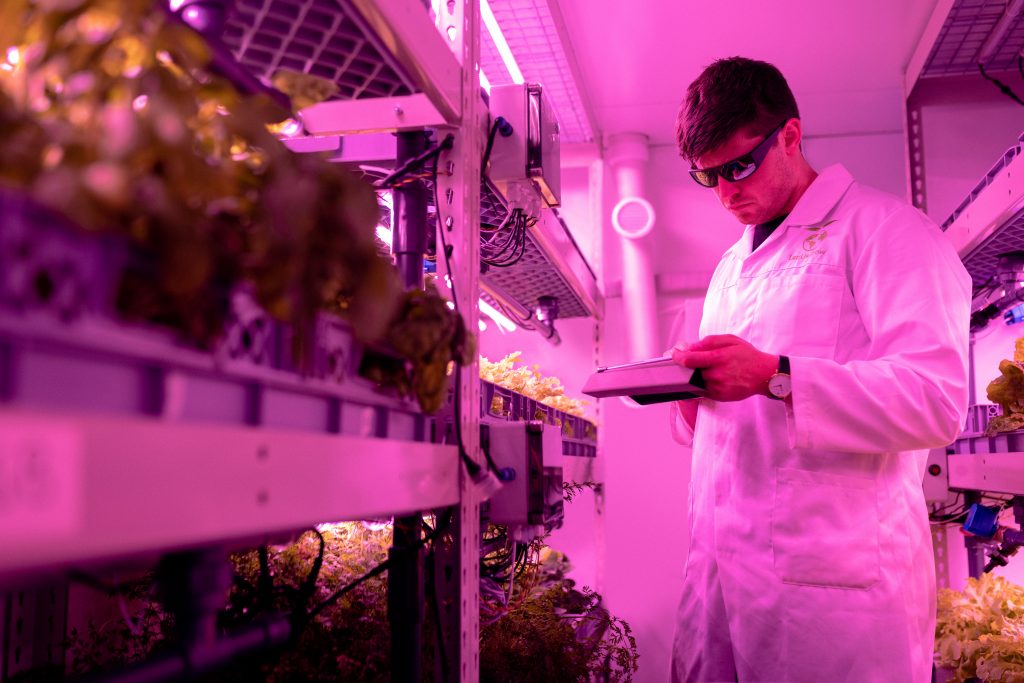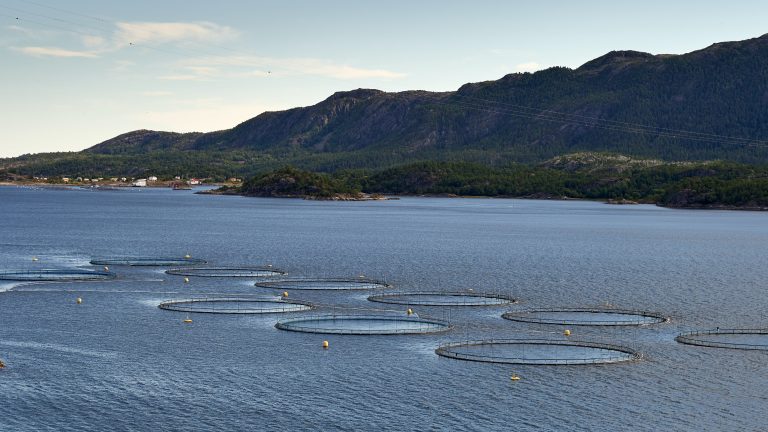Don't miss our holiday offer - 20% OFF!

Read also : Demystifying Water Level Sensors for Tank Monitoring
Water management is a task that should not be taken lightly, especially if you have a water tank that needs to be filled, maintained, and carefully monitored. Fortunately, water level sensor technology is here to unravel the mystery behind efficient water tank management. This article will take you on a journey to uncover how water level sensors work and why they are considered the best solution for maintaining the quality of water and the reliability of your water tank management.
Contents
How Water Level Sensors Work
Water level sensors are remarkable devices that can precisely monitor and measure the water level in your tank. They use various methods, such as:
Ultrasonic Sensors

Read also : Electrical Sensors Enhancing Energy Efficiency and Cost Savings
Ultrasonic sensors work by sending ultrasonic sound waves to the water’s surface and measuring the time it takes for the waves to return. The longer the travel time, the higher the water level in the tank.
Contact Sensors

Read also : Comfort and Security with Smart Living Technology
Contact sensors have probes or floats that come into direct contact with the water. When the water reaches the probe or float, the sensor detects this change and provides an accurate water level reading.
Capacitive Sensors

Read also : Reading Vibration Language: How Vibration Sensors Monitor and Analyze Electric Motors
Capacitive sensors measure changes in capacitance between the electrodes in the sensor and the surrounding water. This capacitance directly correlates with the water level in the tank.
Hydrostatic Sensors

Read also : Gas Sensors : Monitor the Health and Safety of Electric Motors
Hydrostatic sensors measure the hydrostatic pressure generated by the column of water in the tank. The higher the column of water, the greater the pressure.
Benefits of Water Level Sensors
Water level sensors not only monitor but also provide valuable benefits, including:
Real-Time Monitoring

Read also : Monitoring Navigasi Buoy Laut dengan fluxTrack
With these sensors, you can continuously monitor the water level and identify changes instantly.
Automatic Notifications

Read also : How Light Sensors Transform Buildings into Greener, More Energy-Efficient Spaces
Configure the sensor to provide automatic notifications when there are significant changes in the water level, reducing the risk of unexpected leaks or water shortages.
Water Usage Optimization

Read also : Utilizing IoT in Flood Monitoring and Early Warning Systems
Data provided by the sensors helps you optimize water usage, reducing wastage and conserving valuable resources.
Conclusion
Water level sensors are indispensable elements in efficient water tank management. With various measurement methods available, they offer real-time monitoring, automatic notifications, and water usage optimization. They are the best solution to ensure the reliability of your water tank management and to safeguard this precious water source. With a deeper understanding of how water level sensors work, you can maintain better water quality, support sustainability, and conserve water wisely for future generations.





